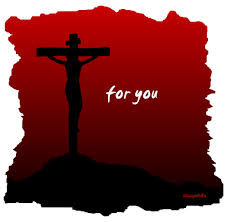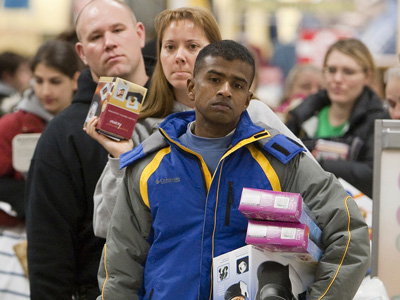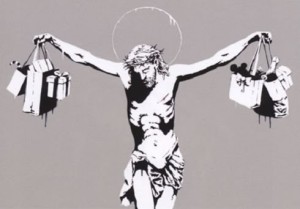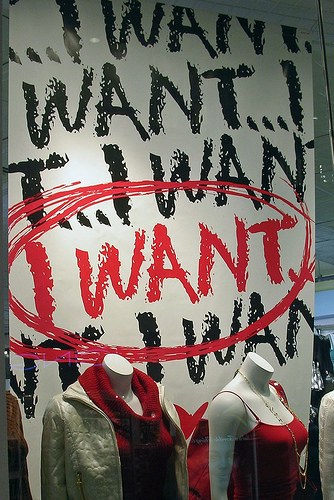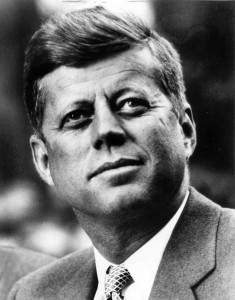 If you’re after a good trivia question for upcoming Christmas BBQs, try this one: Which two other famous people died on the same day as JFK, 22 November 1963? The answers are CS Lewis and Aldous Huxley. Most readers will be well aware of CS Lewis, but not as many will be aware of Huxley.
If you’re after a good trivia question for upcoming Christmas BBQs, try this one: Which two other famous people died on the same day as JFK, 22 November 1963? The answers are CS Lewis and Aldous Huxley. Most readers will be well aware of CS Lewis, but not as many will be aware of Huxley.
The latter is the author of the influential book, Brave New World. The story is about a futuristic society in which happiness is chemically engineered. It’s a famous work which takes the line that happiness can be achieved through external influences. Such a contrast to the Christian worldview of Lewis, which says that happiness is only achieved through surrender to the Spirit of God as revealed in Jesus. And a contrast again to Kennedy, the first Catholic president and by all accounts, a man who desired peace in the world, would have pulled combat troops out of Vietnam, and above all, the person we can thank for life still existing on this planet due to his role in the Cuban missile crisis of 1962.
Peter Kreeft has written a highly acclaimed tale of an imaginary conversation between Lewis, Huxley and Kennedy somewhere in the afterlife on the day they died. The book, called Between Heaven and Hell: A Dialog Somewhere Beyond Death with John F. Kennedy, C. S. Lewis & Aldous Huxley, takes a look at the worldviews of these three people who influenced their worlds in their own distinct ways. I haven’t read this book but I plan to buy it. Now would seem the perfect time of any to read what seems like a fascinating story.
The continuing allure of the Kennedy story
I’ve always been fascinated by the JFK assassination. Like millions of others around the world, I find the continuing mystery surrounding his death to be incredibly alluring. Everything about the story, a young President with movie star looks, his wife with equally stunning looks and elegance, the optimism he brought to America, and the national and global struggles that he oversaw during his brief presidency, make for a script that the most creative film producer would probably never have dreamed up.

